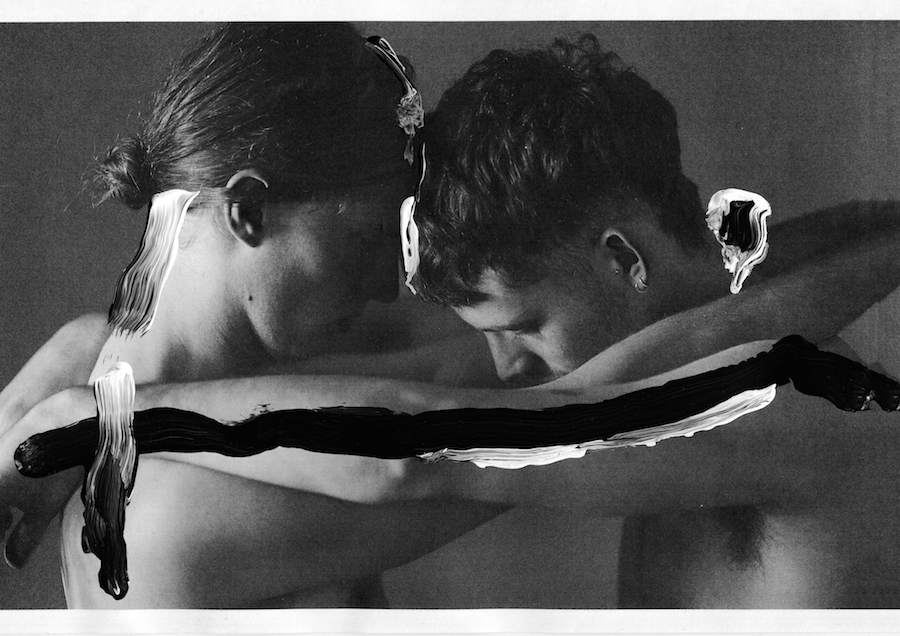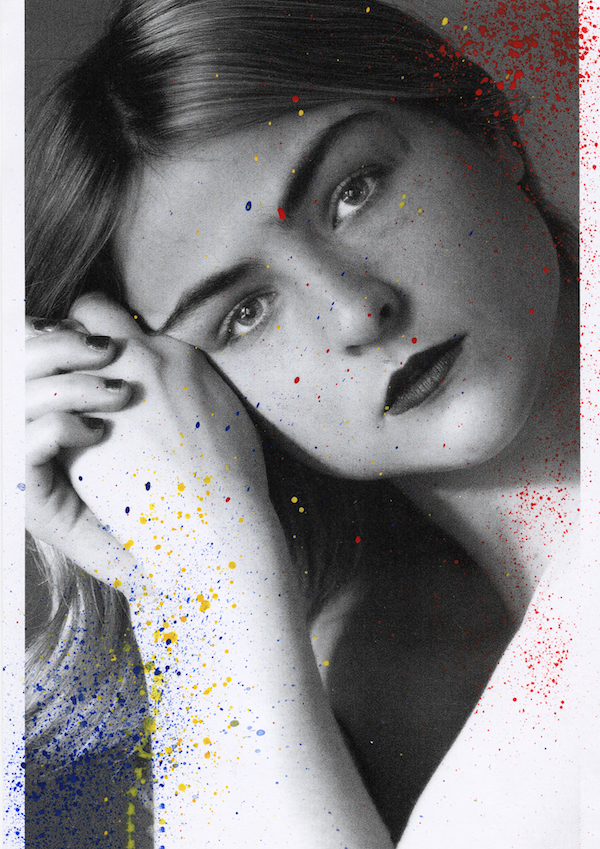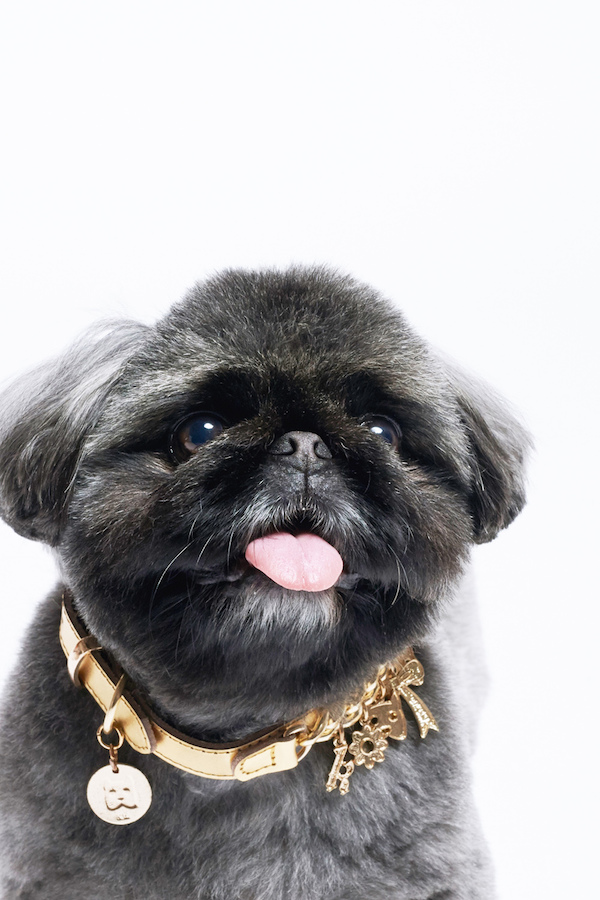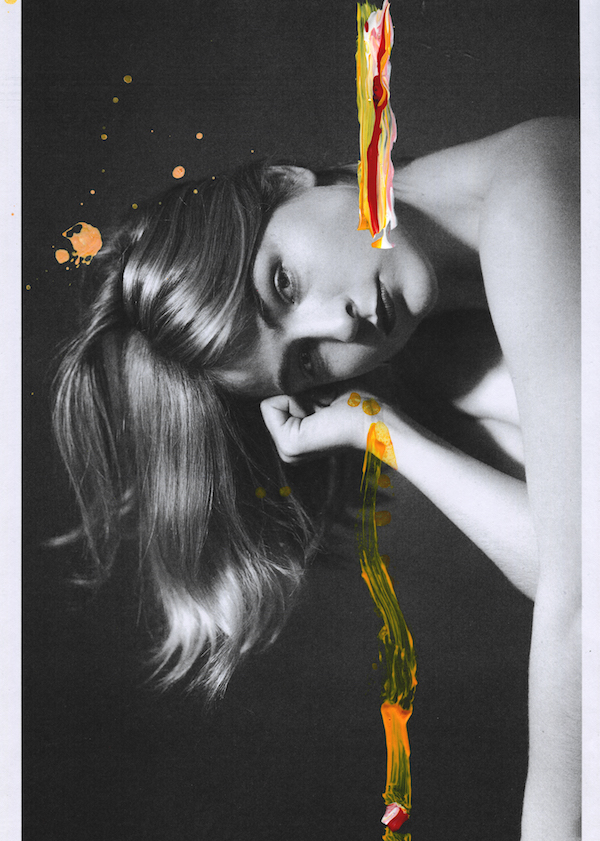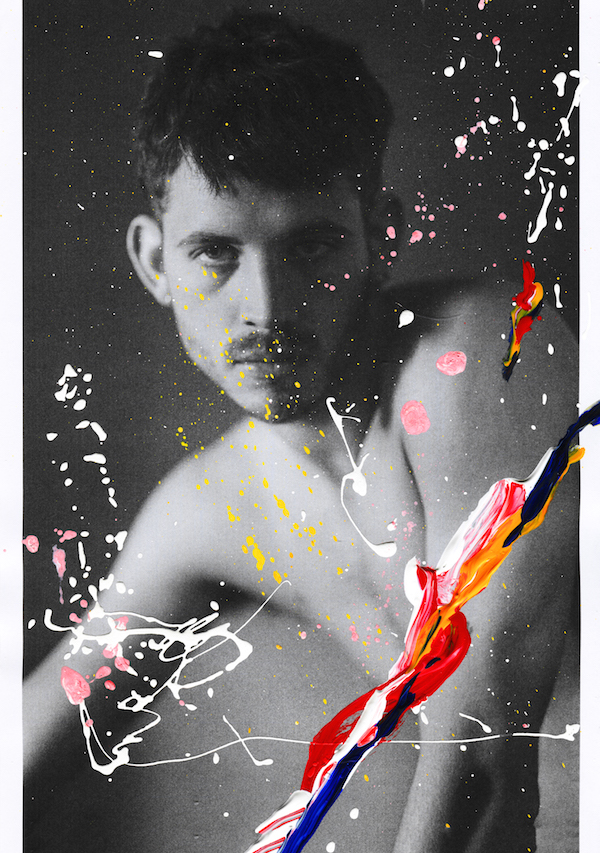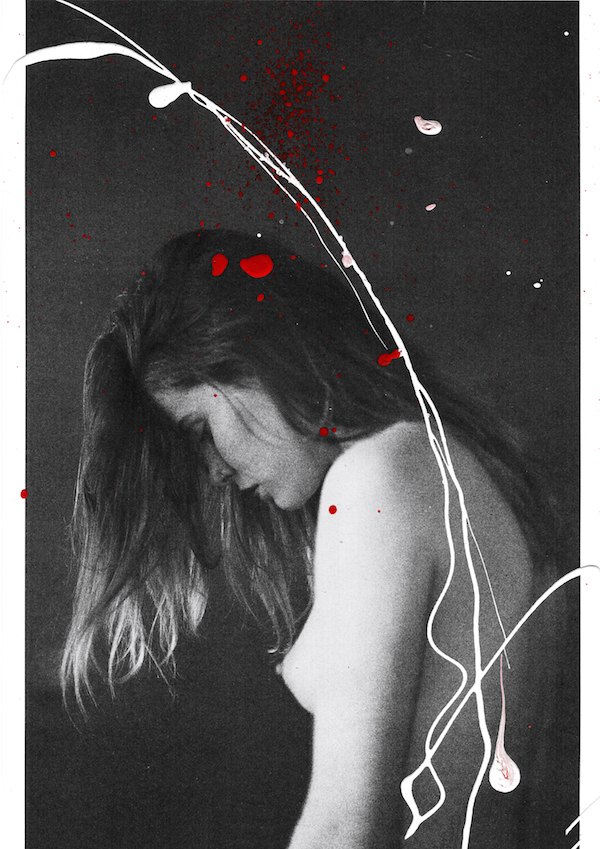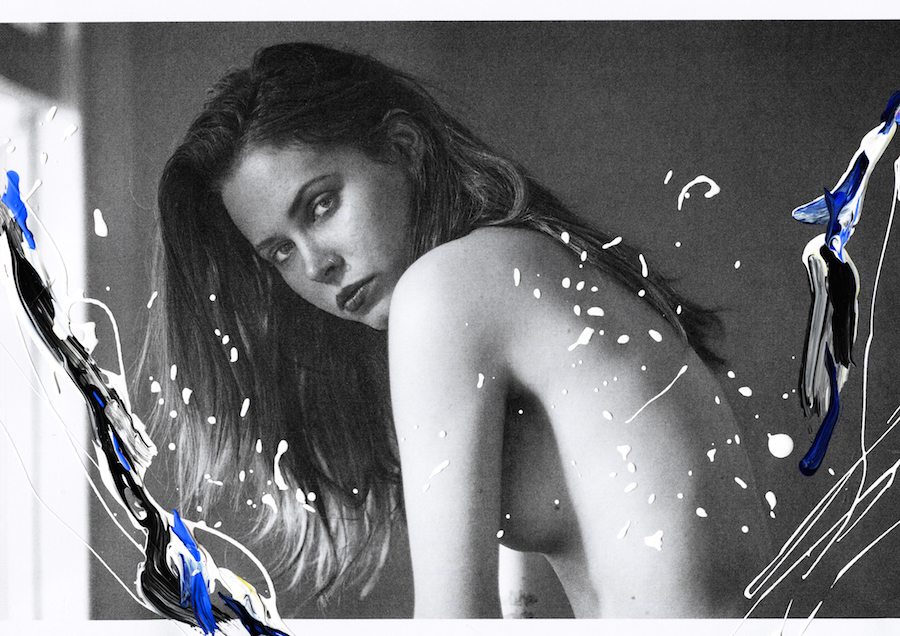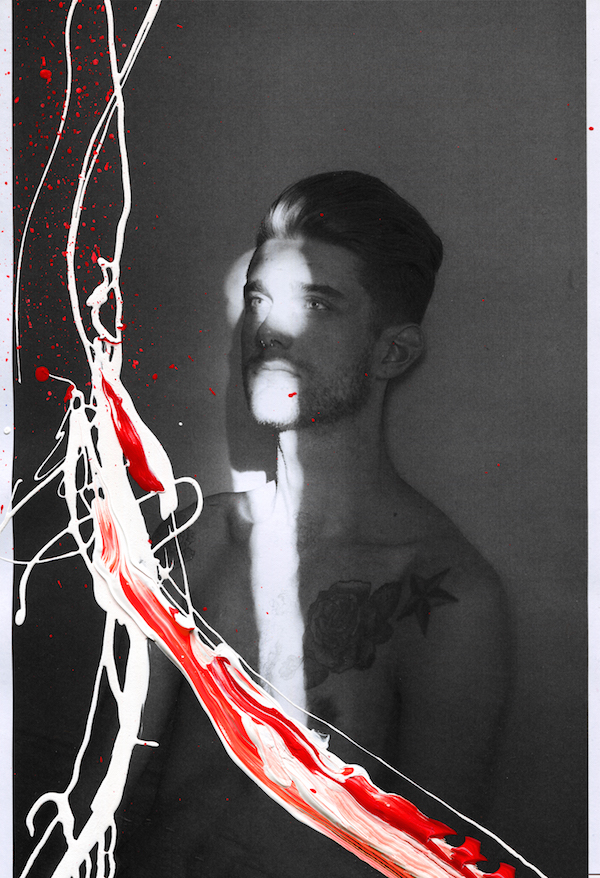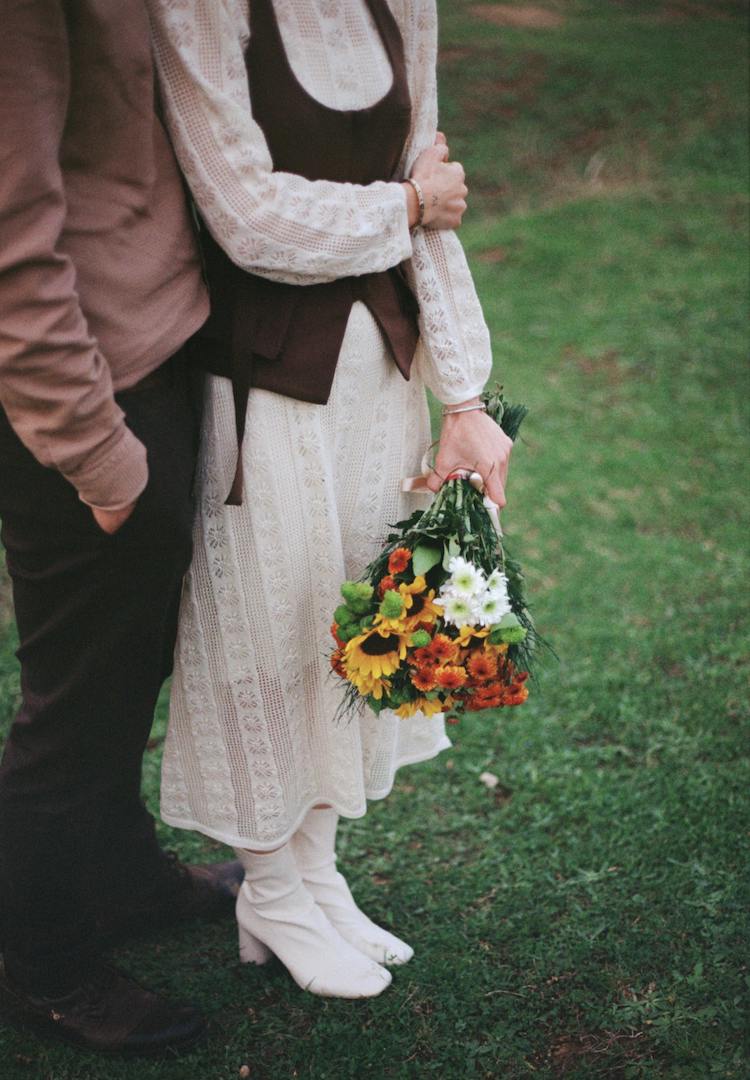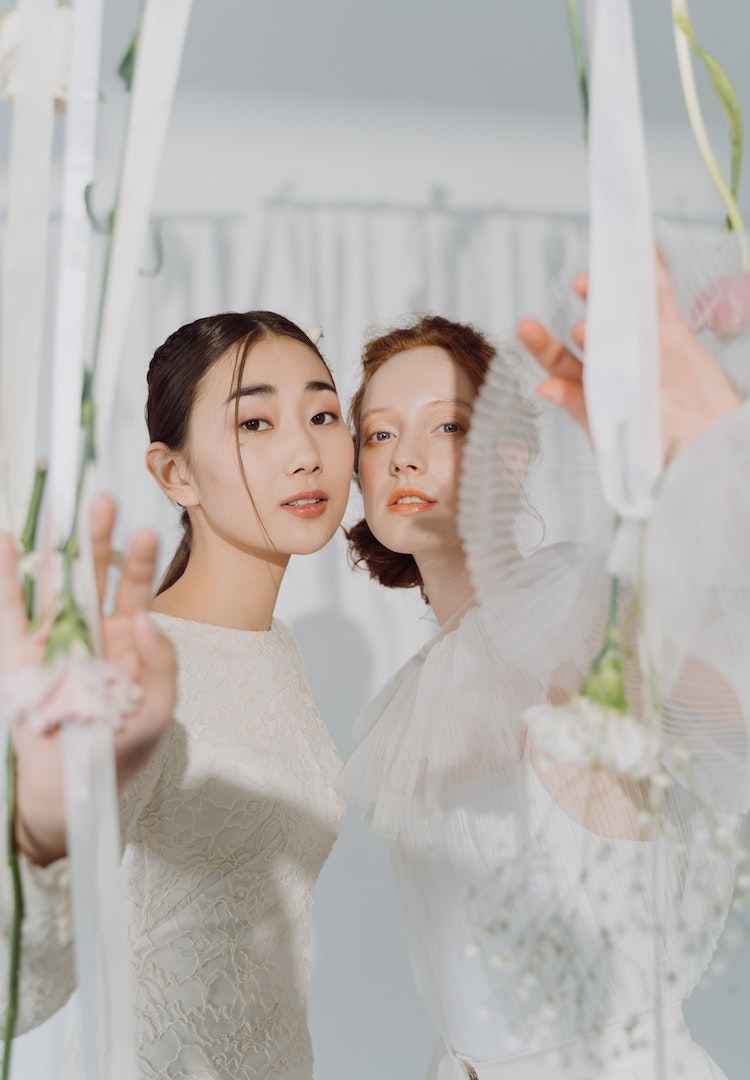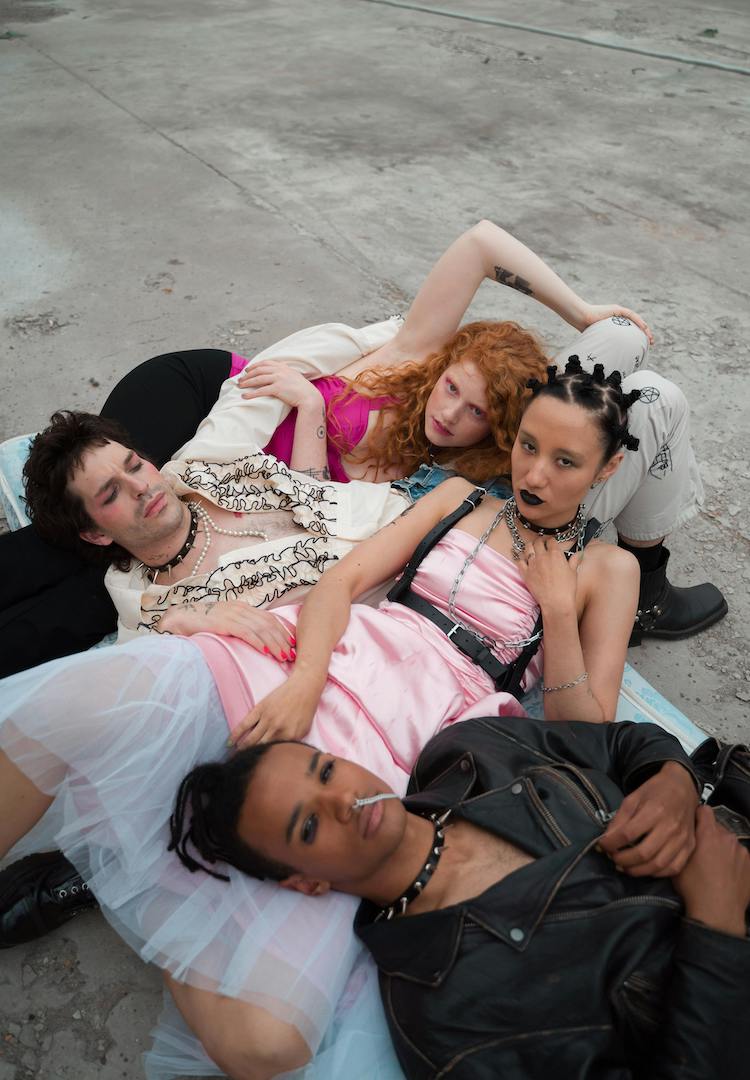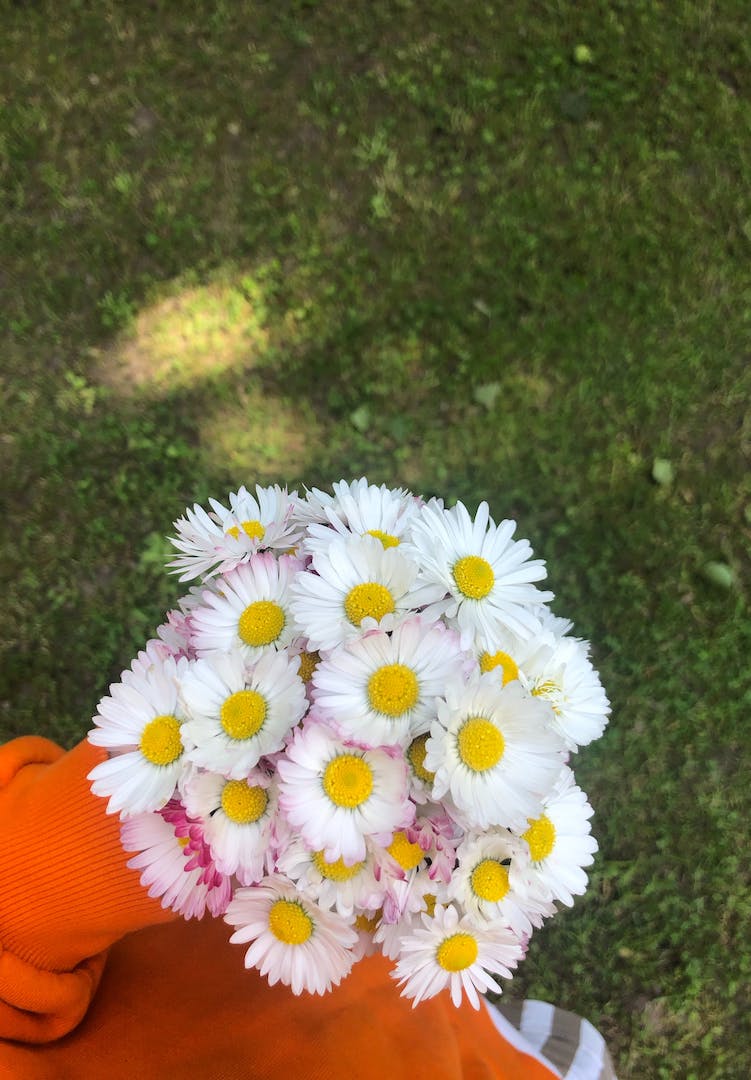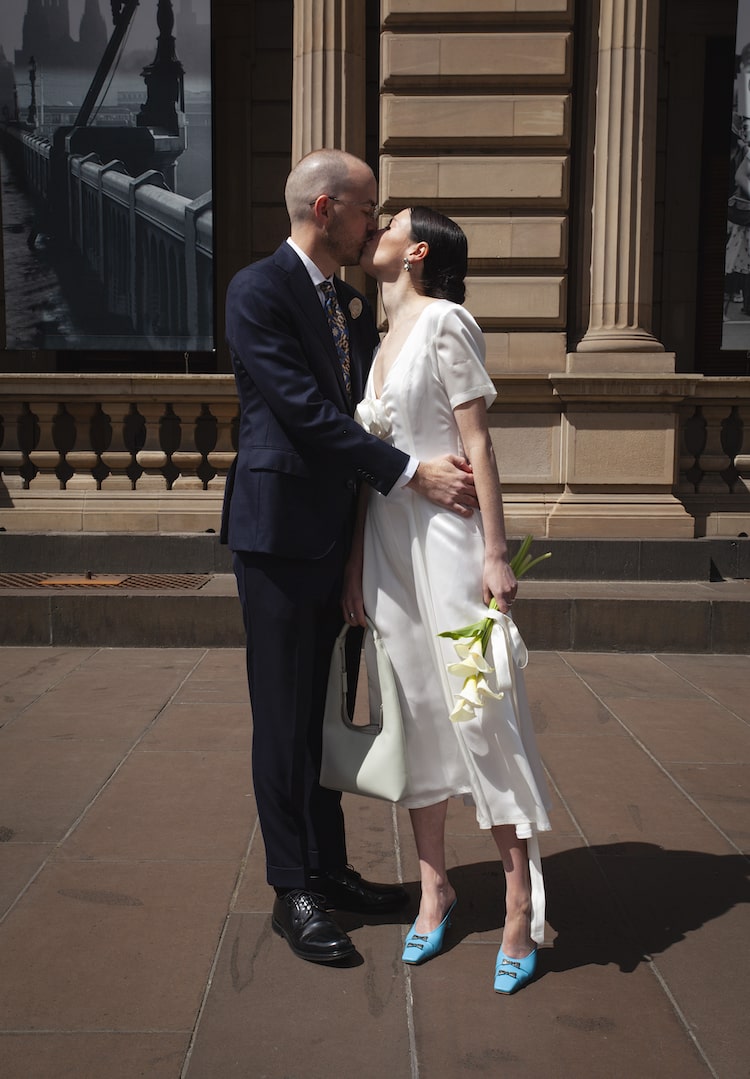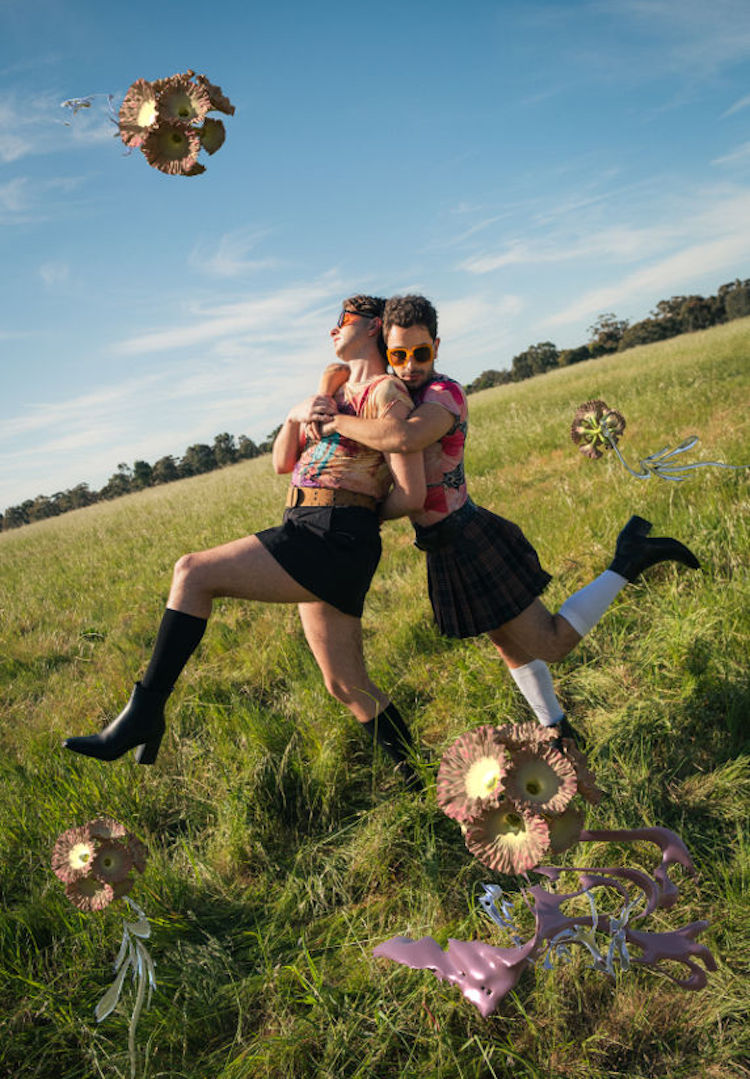FJ Shoot: Equality Pt. 1
A collaborative series celebrating diversity and exploring the struggles of seeking equality.
Being a human is a pretty wonderful thing. No matter the shape, size or colour we come in, and no matter our tastes, we are made up from the same molecules. So that’s why we put together a collaborative series to celebrate diversity and explore struggles of seeking equality.
Camilla
What does your sexuality mean to you? I don’t like to let my sexuality define who I am, and it most definitely should not determine the way I am viewed by other people. I am my own person, and I’m proud of who I am. I’m not straight, I’m not gay, and I don’t appreciate others trying to pigeonhole me into subsets. It worries me that I stay the same person, yet the person I am dating at the time determines whether or not I can get married. This discrimination is no different to black segregation, to feminism, to any other dissociation of another person because they are different. We’re all different. I suppose the real kicker is that I can marry my dining room chair, but I can’t marry my ex-girlfriend. Priorities, right?
Shauna
How would you describe the feeling of not being granted marriage rights? I consciously choose not to express too much interest into the issue at hand. I believe I don’t have to justify my thoughts for numerous of reasons. I find it more upsetting to know the community of GLTBIQA+ have been fighting for these rights, which have been put on the back burner for many decades now. In the end I am fighting for marriage rights for all those in the past generations that have fought this long and hard battle – for they have suffered through action of prejudice, abuse and imprisonment.
What would be your message to people who participate in discrimination against the GLTBIQA+ community and individuals? We are only human. Underneath our skin we all possess the same characteristics: lungs, veins and blood that flows through our whole bodies that ignite the beating heart. It’s not about the anatomy it’s about the heart. You can second-guess your arousal but you can’t second-guess your heart.
Ella
When did you first become aware of discrimination against GLTBIQ individuals? I come from a very open-mined family, both my parents are in the arts and most of my family friends are either gay or lesbians. I didn’t really feel like there was much discrimination because it seemed like the norm to me. I went to an all girls catholic college, which most definitely did not encourage same sex relations. Most girls would use the term “lezo” in a degrading manner and one that would put any young hormonal girl on the back foot of being experimental. This kind of discrimination is very indirect but has huge impact on the lives of those who happen to be GLTBIQA+ individuals. It wasn’t until I was 22 years old that I encountered direct discrimination. My girlfriend at the time and I were driving back from the beach, we had a car follow us for an almost 20 minutes so they could pull next to us at the lights and yell “dirty dykes”. My immediate response was to laugh, because this seemed to backward and idiotic, I didn’t even want to give it the energy of being angry.
How do you think marriage equality would affect your life? I think I would be attending a lot more marriages. Aside from that, the basic principal of marriage equality is also to allow a sense of belonging and community support. Even for the cynics like me, the knowledge that I could if I wanted to would be comforting enough.
George
What does your sexuality mean to you? It’s important to me because of what I went through in terms of accepting it, and because of the happiness I felt (and still feel) after that initial acceptance. At the same time, it’s not what defines me at all. I am a lot more than my sexuality.
When did you first become aware of discrimination against GLTBIQA+ individuals? I would have to say when I came out. That’s really when I asked myself what made me hide my sexuality for so long. I realised that something must truly be wrong with our society if it forced me into such deep denial for so long.
How would you describe the feeling of not being granted marriage rights? As an individual: restricting. As a country: embarrassing.
What would be your message to people who participate in discrimination against the GLTBIQA+ community and individuals? The inaccurate belief that sexuality is a choice has irritated me my whole life. Such a belief could not be more wrong, or more damaging to closeted teenagers coming to terms with their homosexuality.
Dave
When did you first become aware of discrimination against GLTBIQA+ individuals? I suppose ever since I could understand the concept of love and sexuality, I understood that homosexuality was either feared or hated. Regarding discrimination, I remember as early as infants school the words “lesbian,” “gay,” “poofter,” being used as insults. More specifically there was a guy in my hometown, a few years older, who was the butt of most homophobic jokes made. I’m ashamed to admit that I readily participated in the “ews” and “yucks” that served as applause for such humour. I myself was the target of these jokes, from maybe age six or seven right up until graduation.
Have you had any key moments or experiences throughout Australia’s fight for marriage equality that have contributed to your understanding of its importance? Working the checkouts at a supermarket a few years back I would inevitably form connections with regular customers. One in particular, an older (gay) male around 50-60, I became quite familiar with. We mostly just spoke about how our day was, stuff like that. Forever chipper and engaging, but one day he seemed a bit down. I asked if he was all right and he revealed he’d been with his partner for the last 20 years, ten of which he’s been in a vegetative state, unable to care for himself. He was just having a hard day, but he loved his partner so it would be ok. It was then that it hit me just how unfair it is to deny the love of people like this. Two people so in love that no matter what state they’re in, they stick together, because that’s what people in love do. He’d never mentioned marriage or the desire for it, but it struck a chord as a truly heinous inequality that should they have desired the option they would be denied.
Hannah
When did you first become aware of discrimination against GLTBIQA+ individuals? I wasn’t allowed to bring a girlfriend to my school formal. It became a pretty serious dispute that my family and I took to the Victorian Equal Opportunity and Human Rights Commission. The emotional stress of feeling excluded from my peers and bullied by my principal led to me dropping the case and not attending the formal. It was the first and only time I’ve ever felt discriminated against, and it was a really hard time for me.
Have you had any key moments or experiences throughout Australia’s fight for marriage equality that have contributed to your understanding of its importance? I think just the fact that as an eight year old I said to my friends, “if I ever become a lesbian please kill me.” That says a lot. I think it really puts the message out there that same sex couples aren’t normal and cannot be proper families. Being told from such a young age, how could that not affect you?
How would you describe the feeling of not being granted marriage rights? To be honest it’s just kind of exhausting to think there are people who think they have the right to an opinion about something that doesn’t involve them.
Photogrophy & Interview: Jordan Drysdale
Artwork: Angie Pai

